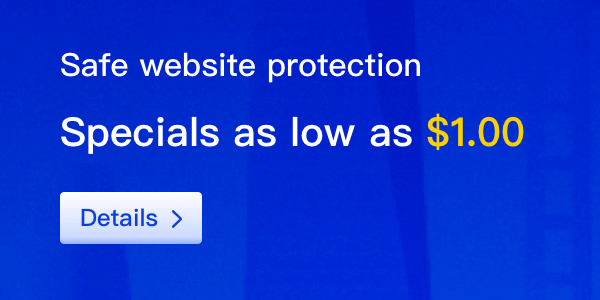With the increasing reliance on the internet, website security has become a critical concern for individuals and businesses alike. Cyberattacks can cause significant damage to a website, leading to data breaches, loss of customer trust, and financial losses. It is crucial to implement robust security measures to safeguard your website from potential threats. In this blog post, we will explore some essential steps to enhance your website's security.

Keep Software Up to Date
One of the fundamental aspects of website security is keeping your software up to date. This includes not only your website's content management system (CMS) but also any plugins, themes, or scripts you use. Developers regularly release updates that address security vulnerabilities and patch any weaknesses. By promptly installing these updates, you can significantly reduce the risk of your website being compromised.
Implement Strong Passwords and User Authentication
Weak passwords are an open invitation for hackers to gain unauthorized access to your website. Ensure that you and your users use strong, unique passwords that combine uppercase and lowercase letters, numbers, and special characters. Additionally, consider implementing two-factor authentication (2FA) for an added layer of security. This requires users to provide not only their password but also a second form of verification, such as a unique code sent to their mobile device.
Regularly Backup Your Website
Having regular backups of your website is crucial in case of a security breach or any other unexpected event. Backing up your website's files and database ensures that you can quickly restore your website to a previous state if necessary. Choose a reliable backup solution and set up automatic backups at regular intervals. Store the backups securely, preferably in an off-site location or a cloud storage service.
Utilize Secure Sockets Layer (SSL) Certificates
Implementing SSL certificates is essential for ensuring a secure connection between your website and its visitors. SSL encrypts the data transmitted between the user's browser and your website, making it difficult for attackers to intercept or manipulate the information. Having an SSL certificate also helps build trust with your visitors, as modern browsers display a padlock icon and "https" in the address bar for secure websites.
Monitor and Analyze Website Activity
Regularly monitoring your website's activity can help you detect any suspicious behavior or potential security breaches promptly. Utilize website security tools and plugins that provide real-time monitoring and alert you to any unusual activity, such as multiple failed login attempts or unauthorized changes to your website's files. Analyzing these logs can help you identify patterns and take appropriate action to mitigate potential threats.
Educate Yourself and Your Users
Staying updated on the latest security practices and educating yourself and your users is crucial in maintaining a secure website. Regularly review security best practices and provide resources and guidance to your users on password security, safe browsing habits, and recognizing phishing attempts. By creating a culture of security awareness, you can significantly reduce the risk of successful attacks.
In conclusion, website security is of utmost importance in today's digital landscape. By following these essential steps, you can significantly enhance your website's security and protect it from potential attacks. Remember, investing in proactive security measures is always better than dealing with the aftermath of a security breach. Stay vigilant, stay informed, and keep your website secure!






















